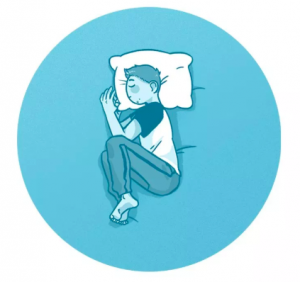My hands are always cold. I have always wondered why I seemed to lose heat so much faster and easier than other people. I am fairly active so my circulatory system should be fine, and would not justify my deathly cold hands!

A 2016 study lead by Dr. John W. Castellani for the U.S. Army Research Institute of Environmental Medicine studied this exact phenomenon and found that there was a lot of variability surrounding the way individuals sense and respond to changes in temperature. The way we respond to temperature shifts depends on how much our skin and core temperature is altered, as well as the duration of exposure.
- Initial responses to cold temperature: Cutaneous vasoconstriction and shivering thermogenesis
- This reduces heat loss and increases metabolic heat production work in conjunction to maintain thermal balance during heat loss.


- Anthropometry: The measurement of the size and proportions of the human body.
- If you are petite (like me), you have less overall surface area per body mass so you lose heat more easily. Generally the more body fat you have, the more heat you will retain.
- Sex: Testosterone reduces overall sensitivity to cold, so men on average have less cold sensitivity than women. Women’s cold sensitivity also tends to fluctuate depending on their hormone cycle.
- Genetics: There are genetic components to how we sense and respond to temperature changes. People who have lived in colder areas will shiver and vasoconstrict less than people from warmer areas of the world.
- Chronic fatigue: Patients with chronic fatigue syndrome have abnormal responses to temperature changes because of their altered hormonal patterns.
- Cold acclimation/acclimatization: After a while, people’s overall response to cold will be less severe as they begin to become accustom to it. People will still shiver and restrict blood flow to the skin, but to a lesser degree.
Three primary patterns of cold acclimatization:
- Habituation: Physiological adjustments in which the response is attenuated compared to an unacclimatized state
- Metabolic adjustment: Increased thermogenesis (heat production).

- Insulated adjustment: Enhanced heat conservation.





